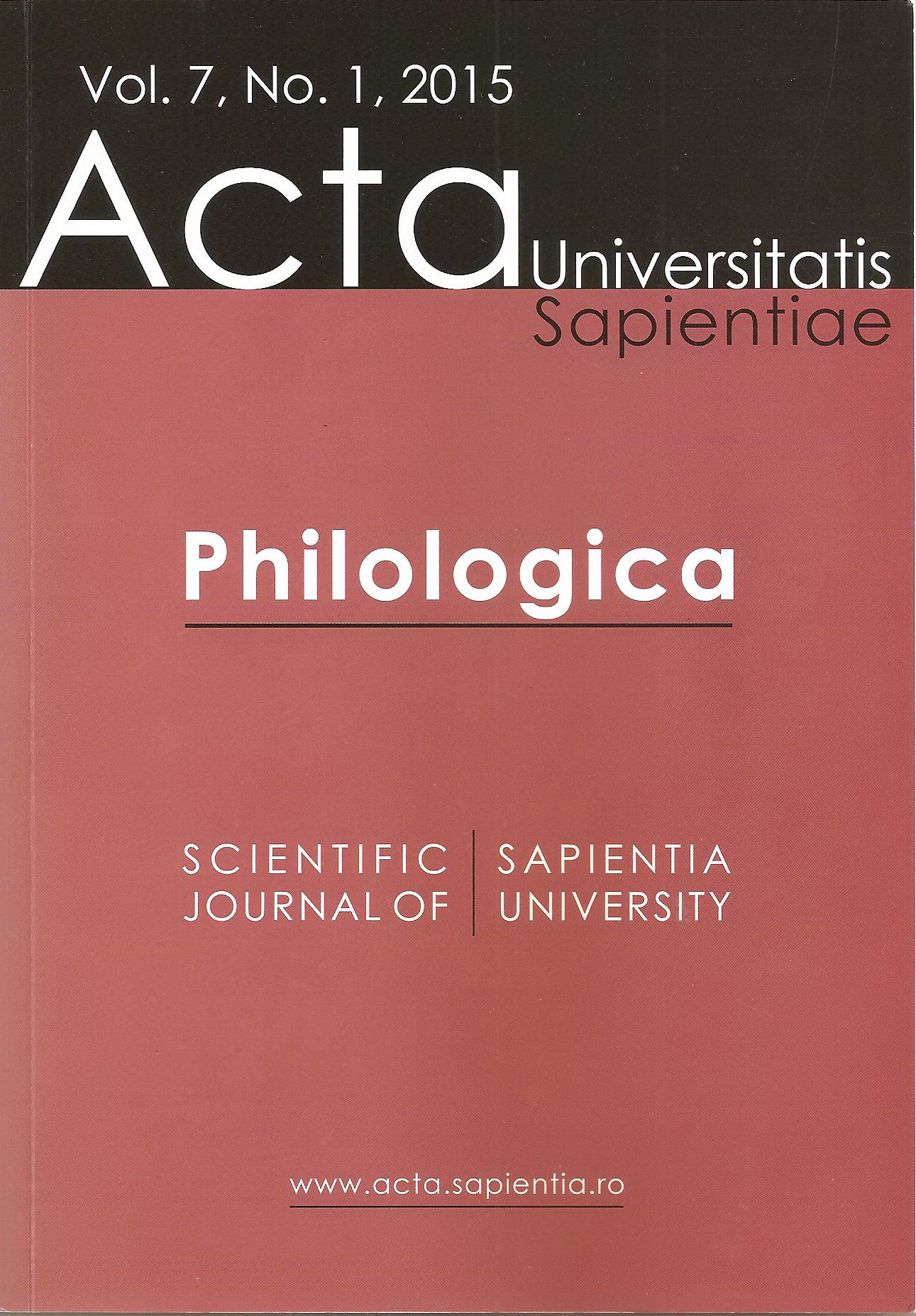"Journeys are Meaningful"
"Journeys are Meaningful"
(Travelling, Travellers, Literary Periods, Literary Journeys)
Author(s): István FriedSubject(s): Language and Literature Studies
Published by: Scientia Kiadó
Keywords: history of literature; history of travel; Sterne; Smollett; Radishchev; Gogol
Summary/Abstract: If the changes of the “discourse networks” (Aufschreibesysteme) from 1800 to 1900 model the relations pertaining to the personality, to the cultural determinedness of technology and personality as well as to their interconnections (Kittler 1995), especially having in view the literary mise en scène, it applies all the more to travelling – setting out on a journey, heading towards a destination, pilgrimage and/or wandering as well as the relationship between transport technology and personality. The changes taking place in “transport” are partly of technological, partly (in close connection with the former) indicative of individual and collective claims. The diplomatic, religious, commercial and educational journeys essentially belong to the continuous processes of European centuries; however, the appearance of the railway starts a new era at least to the same extent as the car and the airplane in the twentieth century. The journeys becoming systematic and perhaps most tightly connected to pilgrimages from the Middle Ages on assured the “transfer” of ideas, attitudes and cultural materials in the widest sense; the journeys and personal encounters (of course, taking place, in part, through correspondence) of the more cultured layers mainly, are to be highly appreciated from the viewpoint of the history of mentalities and society.
Journal: Acta Universitatis Sapientiae, Philologica
- Issue Year: 7/2015
- Issue No: 1
- Page Range: 7-19
- Page Count: 13
- Language: English

